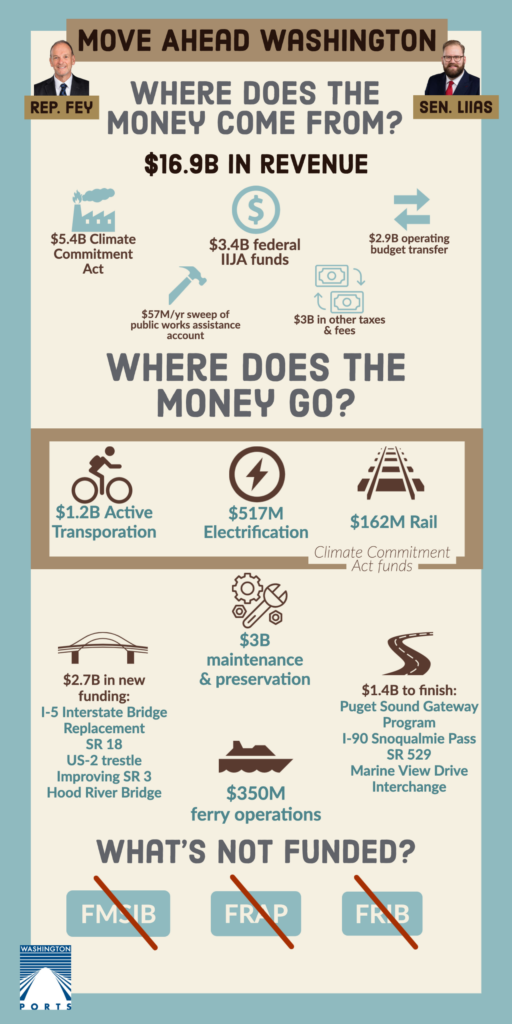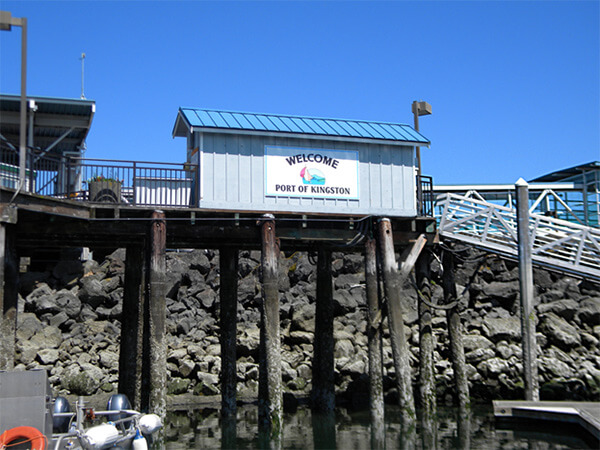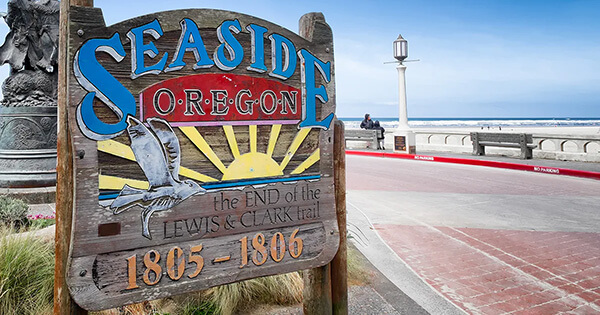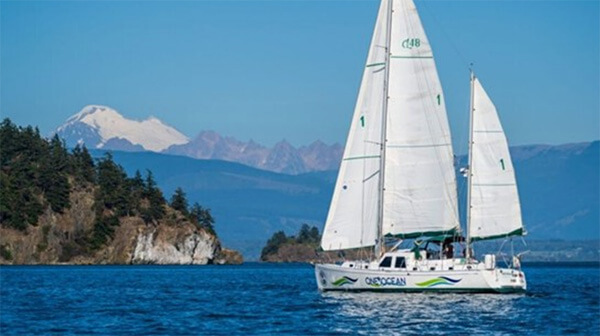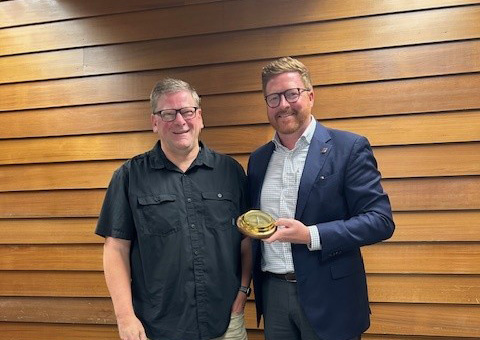With both chambers of the legislature approving three transportation budget documents in conference committee today, the legislature is set approve $16.9B in new spending in Move Ahead Washington on the last day of the 2022 legislative session.
What has changed?
Since first introduced, there have been only modest changes to Move Ahead Washington, most notably dropping the Export Fuel Tax. In its place, is an annual transfer of $57M from the state’s general fund and a partial sweep of $57M annually from the Public Works Assistance Account. Previously, the Senate had proposed a permanent shift of funds from the Model Toxics Control Account (MTCA) to transportation and except for extending the biennial allocation of $50M for stormwater. The MTCA funding proposal has been dropped.
What’s in Move Ahead WA for ports and port interests?
Typical of omnibus transportation, Move Ahead WA provides funding for a broad range of transportation needs. Here are a few things WPPA and ports will be paying attention to:
· Two priorities associated with Climate Commitment Act funding are interesting to ports–alternative fuel & electrification and rail funding. Further work will be needed to make sure these funds are available to ports for projects which reduce greenhouse gas emissions.
Important new or reconstructed road projects are included in Move Ahead WA, including:
o The I-5 Interstate Bridge Replacement
o US 2 Trestle
o Completion of gaps within SR-18 and SR-522
o Port of Tacoma Road Interchange
Existing Connecting Washington Projects which have experienced cost increases are again fully funded:
o The Puget Sound Gateway (SR 167/SR 509)
o I 405/SR 167 Corridor Improvements
o SR 529/Marine View Drive
· In response to increased federal competitive grant funding through the Infrastructure Investment & Jobs Act, funding is provided to incentivize Washington projects continue to be successful; including $85M set aside for INFRA grant applications (available in a future biennium) and $5M for a grade crossing program to compete for the IIJA’s new Grade Crossing Elimination Program.
· The Aircraft Fuel Tax is increased $.07/gallon which will provide approx. $1.5M/year in additional funding for airport infrastructure investments. In addition, modest funding is provided to stand up a new sustainable aviation grant program.
· While many strategic freight projects did receive investments, the Freight Mobility Strategic Investment Board (FMSIB) did not receive any additional funding in Move Ahead WA. Freight rail funding was also omitted with no additional funding for either the Freight Rail Assistance Program (FRAP) or the Freight Rail Investment Bank (FRIB). The PCC Rail System is slated to get $150M during the 16-year plan.
How is the new funding spent?
The spending bill (SB 5975) remains remarkably like earlier versions. Here are some highlights:
· The Climate Commitment Act, which passed in 2021, provides $5.4B in revenue which is spent in Move Ahead WA on the following five priorities: Active Transportation, Transit, Alternative Fuel & Electrification, Ferries & Rail. See a breakdown here: http://leap.leg.wa.gov/leap/Budget/Detail/2022/ctLEAPDocument2022-A-030922.pdf
· Move Ahead WA provides $3B for systemwide maintenance and preservation funding
· The state’s obligation to correct all fish barriers within the injunction area is fully funded ($2.4B)
· New Roadway Projects ($2.8B)
· Existing Projects, including Connecting Washington backfill ($1.4B)
· Washington State Ferries received both operating and sufficient capital funding to build four new vessels ($1.1B)
Additional Resources
Ports Infographic: https://www.washingtonports.org/blog/2022/2/9/2022-transportation-package-infographic-where-does-the-money-come-from-where-does-it-go
Despite the terminology, about 70 percent of Move Ahead WA revenue is made up of one-time funds generated mostly from the Climate Commitment Act, state general fund transfers or new federal investments. Meaningful, sustainable new revenue was elusive this year and is part of the reason this package lacks significant geographic diversity. WPPA recognizes priorities in many communities and regions across the state were not funded in Move Ahead WA. We will continue to advocate for sustained, systemwide investments into the future.
